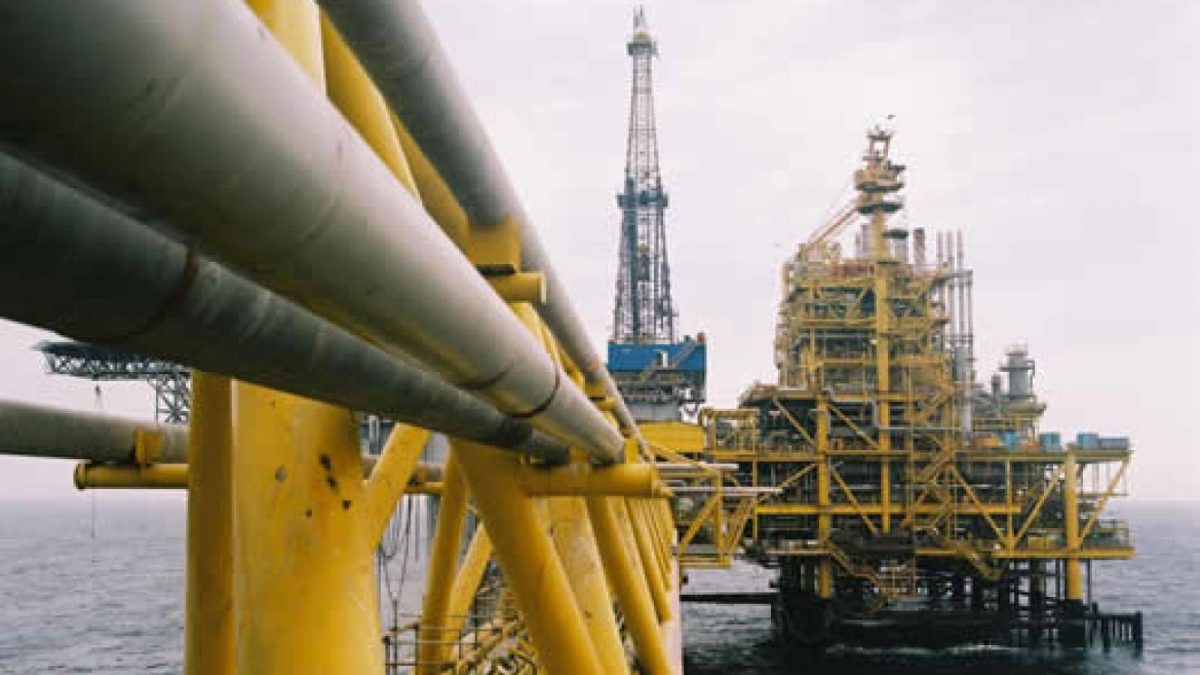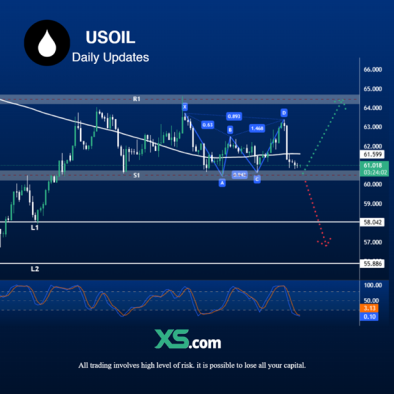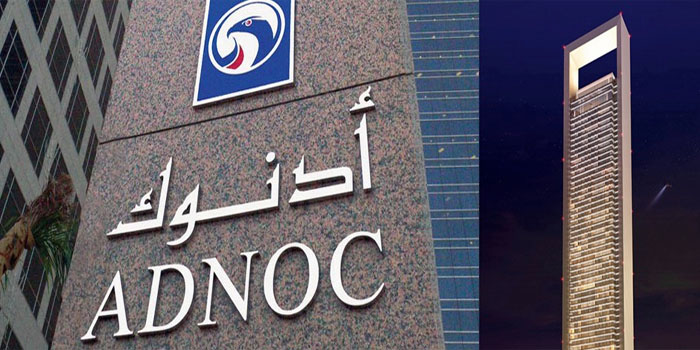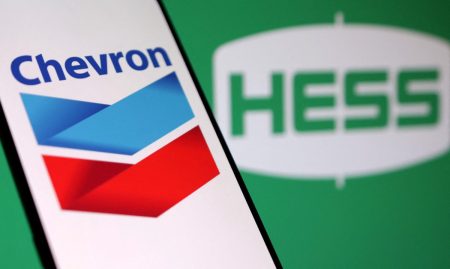
Paris, France — Sitting on an estimated 203 trillion cubic feet of natural gas, Nigeria is on a mission to monetize its gas resources and become a leading LNG exporter to global markets. Its most notable project – the $5-billion Nigeria LNG Train 7 expansion – is set to boost processing capacity by 35% from 22 million tonnes to 30 million tonnes per year.
This means higher gas volumes to export to gas-hungry markets like Europe, which Nigeria exported 9.4 billion cubic meters of LNG to in 2023. Yet in order to accelerate exports, the country requires substantial investment in deepwater gas projects and infrastructure development.
The upcoming Invest in African Energy 2024 forum – taking place in Paris on May 14-15 – will showcase Nigerian and African investment opportunities in deepwater exploration, gas monetization and midstream infrastructure, as the continent enters a new phase of development.
IOCs Double Down Offshore
Nigeria has issued a call for upstream investment, with a strong focus on deep offshore and a 2024 licensing round on the cards to attract new explorers. Supermajor Shell answered the call last week, announcing plans to deepen its investments in deepwater and invest $1 billion over the next decade to develop Nigeria’s gas supplies.
Its primary prospects include extending the life of the Bonga FPSO vessel, developing its Bonga North, Bonga South-West and Nnwa Doro assets, and maturing several projects planned to come onstream in the short-, medium- and long-term.
Earlier this month, TotalEnergies started production at the Akpo West field offshore Nigeria, adding 14,000 barrels of condensate production per day, to be followed by an additional 4 million cubic meters of gas per day by 2028. Chevron is also scaling up investments in Nigeria’s deepwater space, with upcoming plans to conduct seismic data acquisition in several deepwater blocks and expand its Agbami field project.
The American multinational also acquired a stake in offshore OPL 215 – joining TotalEnergies on the block – and renewed three of its deepwater licenses for a period of 20 years. As IOCs double down on new exploration and development activities, this opens up opportunities for offshore drilling contractors, service providers and national companies to play an active role in Nigeria’s deepwater revival.
Sufficient Gas Infrastructure Needed
Nigeria is also utilizing gas monetization as a means of eliminating gas flaring, having flared around 275 million cubic feet per day in 2023. The gas flared in Nigeria has the potential to generate 1.125 GW of power for the country, representing substantial opportunities in gas-to-power infrastructure. Meanwhile, the Nigerian Upstream Petroleum Regulatory Commission awarded 48 flaring gas sites for commercialization, as part of efforts to expand the domestic gas market and decarbonize upstream activities.
Nigeria’s gas production – expected to reach 12.2 billion cubic feet per day by 2030 – is also being driven by major pipeline projects, including the Nigeria-Morocco pipeline and Ajaokuta-Kaduna-Kano (AKK) pipeline. Capable of delivering 3 billion cubic feet per day, the Nigeria-Morocco pipeline spans 13 West African countries and represents the path to Nigeria accessing the European market. The two countries met last month to fast-track development of the project, which is awaiting a final investment decision. Meanwhile, the AKK pipeline will transport up to 2 billion cubic feet of gas per day from southern to central Nigeria – with a focus on driving power generation, industrialization and new job opportunities – and is expected to be completed by mid-2024.



